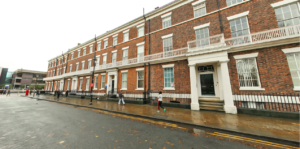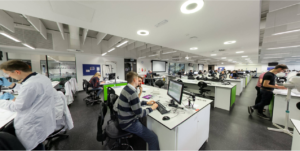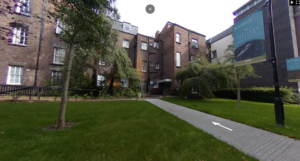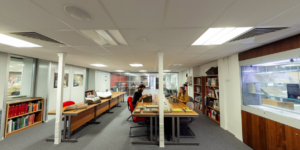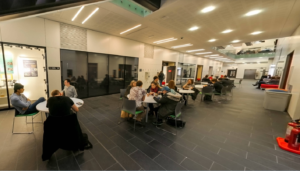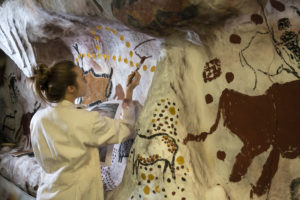In year two you study subjects central to our understanding of ancient civilisations, social and political organisation, art, religion and texts, combined with a detailed study of at least two civilisations (the Near East, Egypt, or Greece and Rome).
Students take 15 credits of required modules and 45 credits of optional modules in each semester. Optional modules must be chosen from TWO pathways (1-3) across the session – 30 credits in each pathway. Students must then take 30 credits from any pathway (1-4) across the session.
Pathway 1 – Archaeology of the Near East
Pathway 2 – Archaeology of Ancient Greece and Rome
Pathway 3 – Egyptian Archaeology
Pathway 4 – Archaeological Methods and Practice
Students are required to complete 20 days of archaeological fieldwork training, normally during the summer vacation period at the end of Year 1 and Year 2. The fieldwork is assessed on ALGY248.
CLAH222 requires prior approval and is subject to a suitable placement being sourced. Students will not be able to register directly for this module.
Registration onto HLAC220 is only for students planning to undertake a Work Placement Year.
Students may take 15 credits of optional cognate modules outside of their degree programme with permission from the Subject Lead.
CLAH263 includes a five-day research and learning experience in Italy. For further details please contact the Module Convenor. Students wishing to take CLAH263 must have taken CLAH104, CLAH105 or ALGY131.
Students taking a programme with an Archaeology component at 50% or higher will have to opportunity to qualify with a Chartered Institute for Archaeologists (CIfA) accreditation. To qualify, students must have taken ALGY101, ALGY102, ALGY248, ALGY250, ALGY399, ALGY450, ACE Archaeological Field School assessed in ALGY248, and a further 10 days of fieldwork/employability experience.


